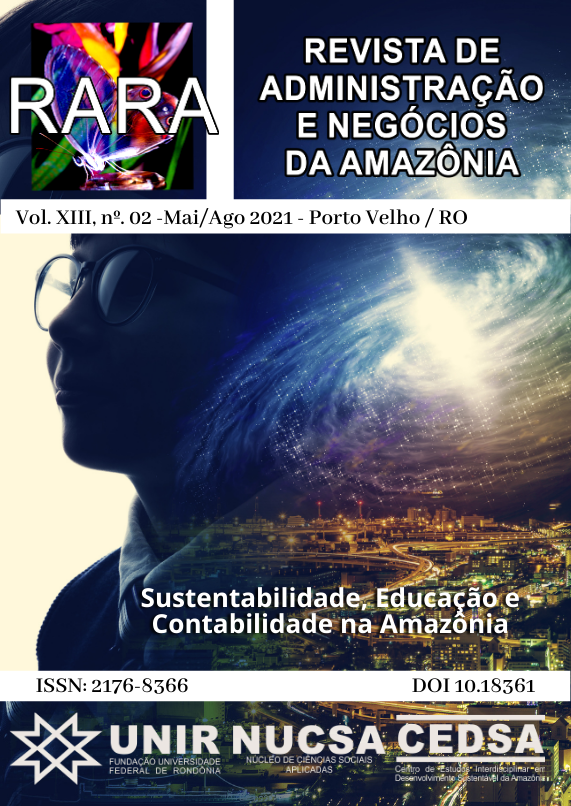The Tripod of Sustainability: A Challenge to the Management of Incubators and Startups: experiences lived between Portugal and Brazil
DOI:
https://doi.org/10.18361/2176-8366/rara.v13n2p67-87Palavras-chave:
Sustainability, Incubators, Entrepreneurship.Resumo
The great challenge facing humanity today is to maintain development in harmony with the environment and, at the same time, ensure the quality of life of society. Although sustainability is now a central theme, both in government policies and regional programs, as in the discourse of most companies, there is a certain disregard in the implementation of its principles in their management practices. In this context of permanent change, business incubators emerge as engines of entrepreneurial development and, in turn, fundamentally technology-based incubators, stand up theoretically as drivers of local development in the regions, in clear cooperation with the Public Administrations and with Higher Education Institutions. The study aimed to analyze the Incubators' perception of the application of the three pillars of sustainability in their startups in Portuguese and Brazilian Incubators. The present study sought to analyze the insertion of sustainability in two incubators, one Portuguese and the other Brazilian. In this context, in-depth interviews were conducted with managers. According to Quintana (2000), the interview is a technique of obtaining information carried out through a conversation with one or more people for an analytical research study or to contribute to diagnostics or social treatments. The research was of a qualitative nature seeking to know the perception of managers of incubators on sustainability were considered the three classic pillars of sustainability, adapted from the studies Gallardo-Vazquez and Sanchez-Hernandez (2012); Gallardo and Sánchez (2012); Gallardo-Vazquez et al. (2012) Martins-Rodrigues and Sánchez-Hernández (2017); Montiel (2008); Turker (2009); Agudo-Valiente et al. (2012); Lu et al. (2012); Pérez et al. (2012). The results show that the incubators have similar characteristics and do not reveal significant differences and reflect a cultural proximity between the two countries, Portugal and Brazil, a common language, but with different levels of development. The sustainability of the incubated companies responds to the three-dimensional multidimensional standard, the economic, the social and the environmental. The incubator has a special role in the application of the pillars of sustainability in its incubated companies and is one of the key elements to guarantee entrepreneurial ecosystems.

